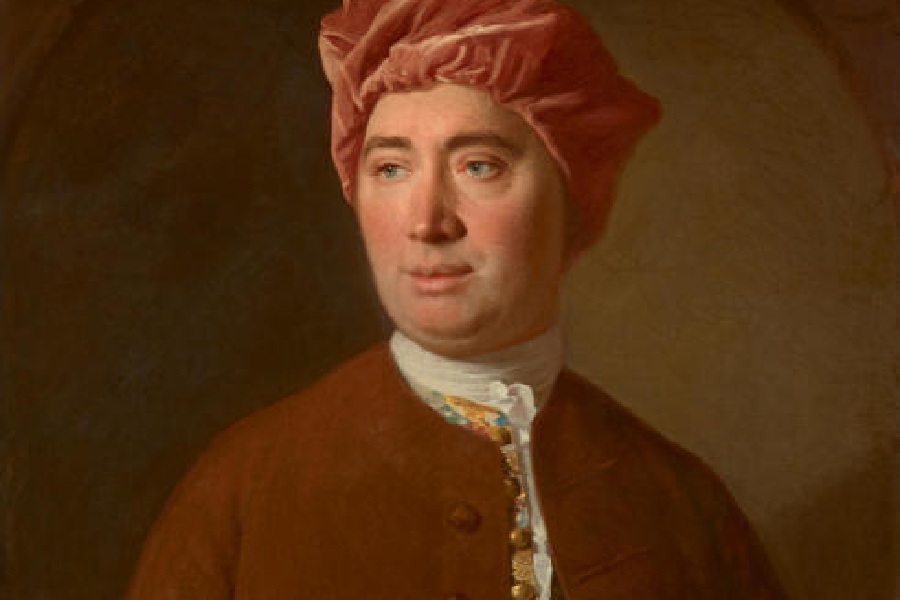Book: Humanly Possible: Seven Hundred Years Of Humanist Freethinking, Inquiry, And Hope
Author: Sarah Bakewell
Published by: Penguin
Price: $30
“Man is the measure of all things," declared the Greek philosopher, Protagoras. Even if we accept the centrality accorded to humans in the prefiguration of the universe, we may still ask: what is the measure of Man? Sarah Bakewell answers this question by unravelling several colourful strands that forge our shared definitions of humanism. But ‘humanism’ is a foggy term. So Bakewell, quite rightly, explores the influences, interconnections, and affiliations in the views of humanists over the course of the past seven centuries, penning a decisive book detailing the long history of the evolution of humanistic thought.
The focal point of Bakewell’s narration is European thinkers. But she is aware of the larger context in which she places the works and lives of the European humanists. The most cherished ideas of European Renaissance and later-day humanist discourse had travelled from the East, through the crossing over of multiple linguistic and cultural boundaries. Bakewell thus urges her reader to be aware of the connections between Charvaka and Democritus, between the African concept of ubuntu and the ren of Confucianism.
Significantly, these humanists also challenged received notions concerning morality, goodness and being human even though many of them stopped before denouncing the supremacy of Church, King and God. Initially, the humanists believed in gently shaking the world that they inhabited. But Bakewell records the change in their tone with the emergence of Deism: those who professed their disbelief in this doctrine were incarcerated, exiled, or sent to the guillotine. The persecution motivated the humanists to use esoteric language in their writing, publish anonymously, and change the titles of censored books. In one sense then, this is a book about books that were disapproved, censored, bowdlerised, and burnt: yet, their ideas remained in circulation and, eventually, were canonised as foundational ideas of humanities.
Nearer to our times, the Covid-19 pandemic revealed not only embedded economic inequalities but also the gaps in our conception of ‘humanity’. It offered us an opportunity to investigate what it means to be human. Along with harrowing tales of horror and disgust, we also heard stories of brave individuals risking their lives to save fellow humans. With every wicked act, humanity also posits the possibility of attaining new heights. Among the unsettled questions are, then, the following: are humans inherently good or bad? Is it a classic riddle of nature versus nurture? The humanists are inclined towards nurture. They, therefore, freed humanity from a pre-ordained future and squarely placed the responsibility of it all on humans.
Bakewell pivots ‘free thinking’ as the redeemer of humanity, coding the spirit of this inquiry thus: “what IS might NOT BE RIGHT, AFTER ALL.” Equally, she also exposes the blind spots of these humanists — David Hume had an unbending faith in the supremacy of the white race; Rousseau believed women are undeserving of education; Voltaire detected the flaw of “being a woman” in his otherwise competent wife. On the issue of social and gender justice, the much derided Christians often performed better than the secular philosophers. The book successfully records the multi-layered and complex past of humanistic thought.
The philosophy of meliorism — the pursuit of improving one’s lot — is increasingly being held suspect by Antihumanists and Transhumanists. Both argue in favour of the possibility of a better future if humans were to make the supreme sacrifice — relinquishing their perceived centrality in the universe. We don’t know what the future holds for humans. But we could benefit by probing the origins of our present.











